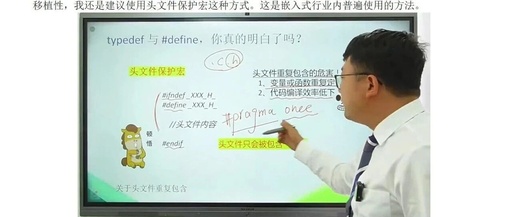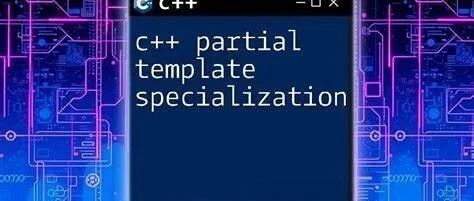Essential Macros for ICC: Must-Have for These 5 Classes!
Classes with battle pets (Death Knight, Hunter, Warlock, Enhancement Shaman, Balance Druid) should bind a macro for their main damage output skill to attack the green slime when fighting Professor ICC. This way, the pet can help share damage by targeting the green slime. Use the macro: /petattack Unstable Slime.









